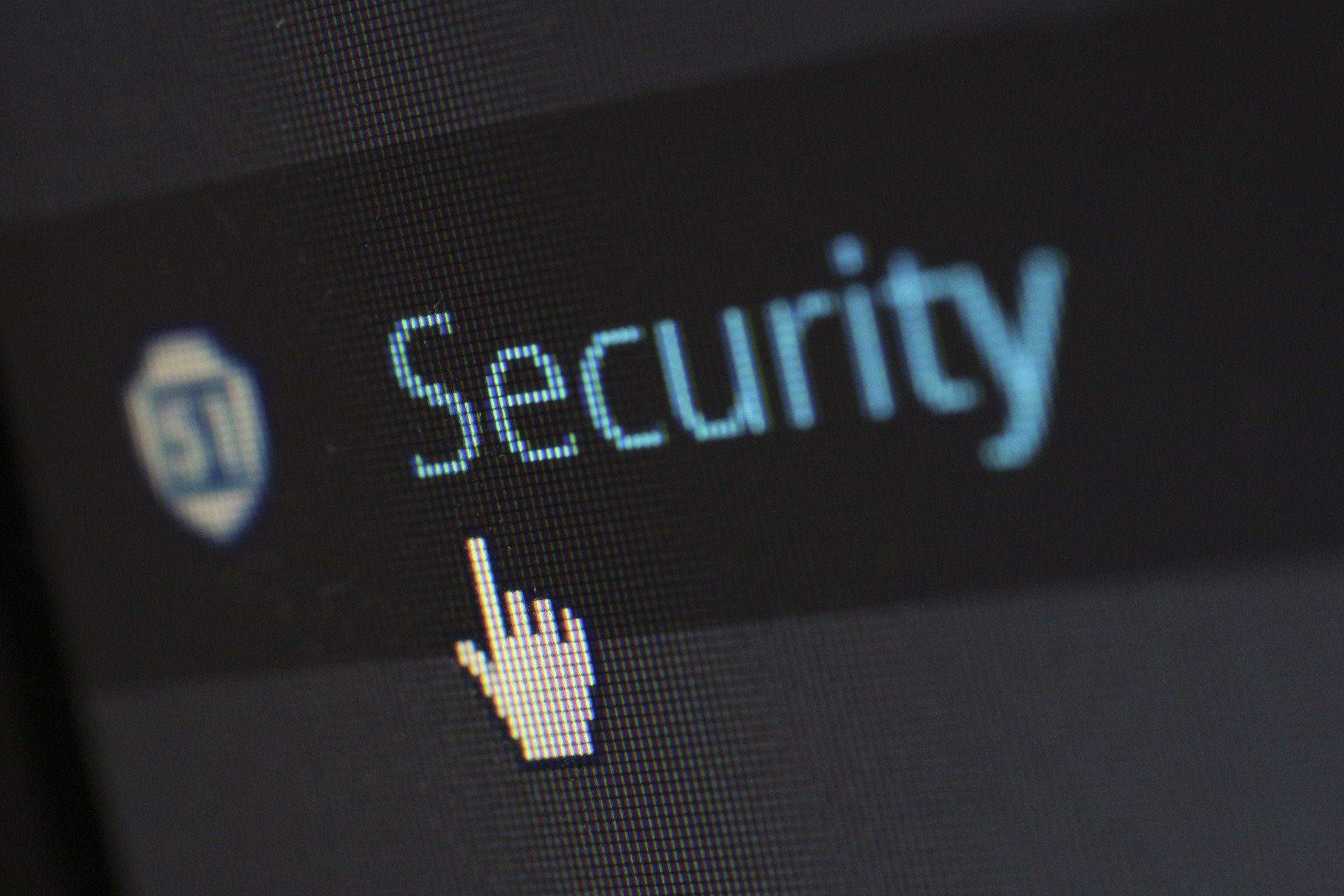
Think of the last time you spent a day without using the internet.
It’s been a while, right? I can’t even recall when I last spent 24 hours straight without going online in some way or form.
Whether it’s watching Netflix, chatting on Facebook, or shopping online, the internet has become an integral part of our daily lives.
As a result of this, it’s never been more critical to think about your online privacy and security. Luckily, things get easy when you choose to use a VPN.
What Is a VPN?
Short for a virtual private network, a VPN adds an extra layer of security so you can browse the internet in peace.
It does that by encrypting your data and acting as a third party that connects to the internet on your behalf. Even though the technology behind VPNs isn’t 100 foolproof, it’s far better to use them if you care about obscuring your location and personal details from prying eyes.
How Does a VPN Keep Me Secure?
A VPN can help to improve your privacy and security in the following ways:
- Safeguards Your IP
VPNs are designed to disguise or conceal your IP address and prevent others from monitoring your online activity.
When you connect to a VPN service, the sites you browse can only see the VPN provider’s IP. As your real IP is no longer accessible, no one can see where you’re located.
So, if you are to download a torrent or bypass a geo-blocked website, you can do that without fear of being tracked.
Of course, this doesn’t give you a free pass to conduct illegal activities, but it can be a secure way to access your favorite movies, games, TV shows, etc. while remaining private and undetected.
- Prevents Data Leaks
Leading VPNs include a “kill switch” function that reduces the chances of data leaks.
The function kicks in when your VPN connection becomes unstable. it downgrades your internet access to a standard connection temporarily to ensure sensitive programs don’t leak your private data.
There are several names for kill switches, and its function may vary between VPN services.
In its ExpressVPN review, for instance, PrivacyNoob.com refers to the kill switch feature as the Network Lock.
- Doesn’t Log
ISPs often log your data when you’re using the web and, in most cases, sell this data to third-party companies.
The best VPNs, on the other hand, follow the no-logs rule where they don’t collect any information transmitted through your network.
In other words, they don’t track what you on online, what you stream, or what’s there in your search history. So, if a hacker does manage to crack the security of a no-log VPN, they’d end up being disappointed.
Conclusion
As you can see, a VPN can boost your privacy and security in several ways.
However, not all VPNs are built the same, and some may fail to safeguard your private data.
Before signing up for a VPN service, navigate its website to see if it has a kill switch feature, whether it keeps network logs, or if the company would disclose your real IP in any scenario.